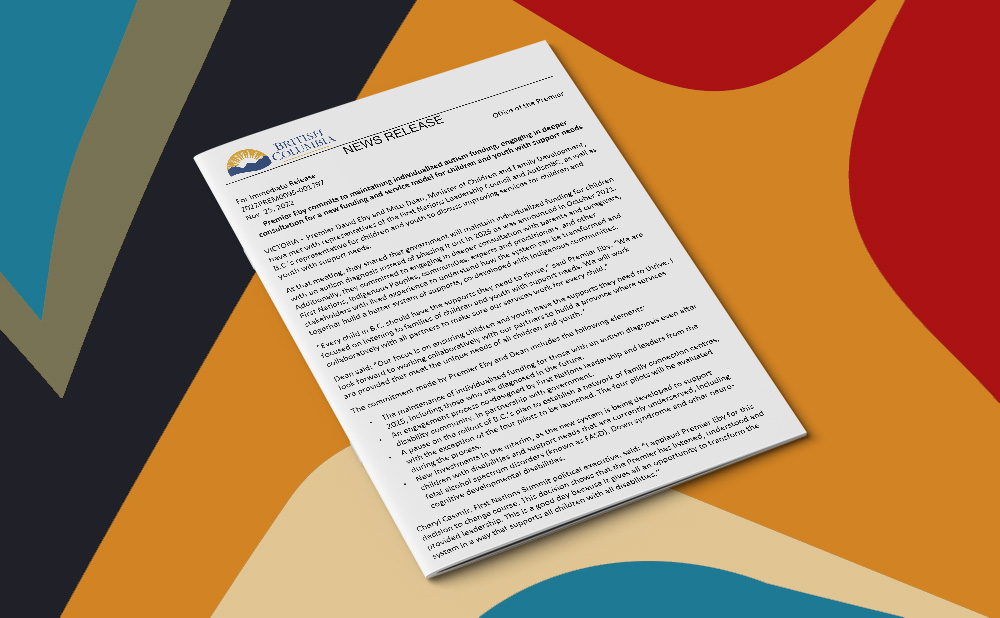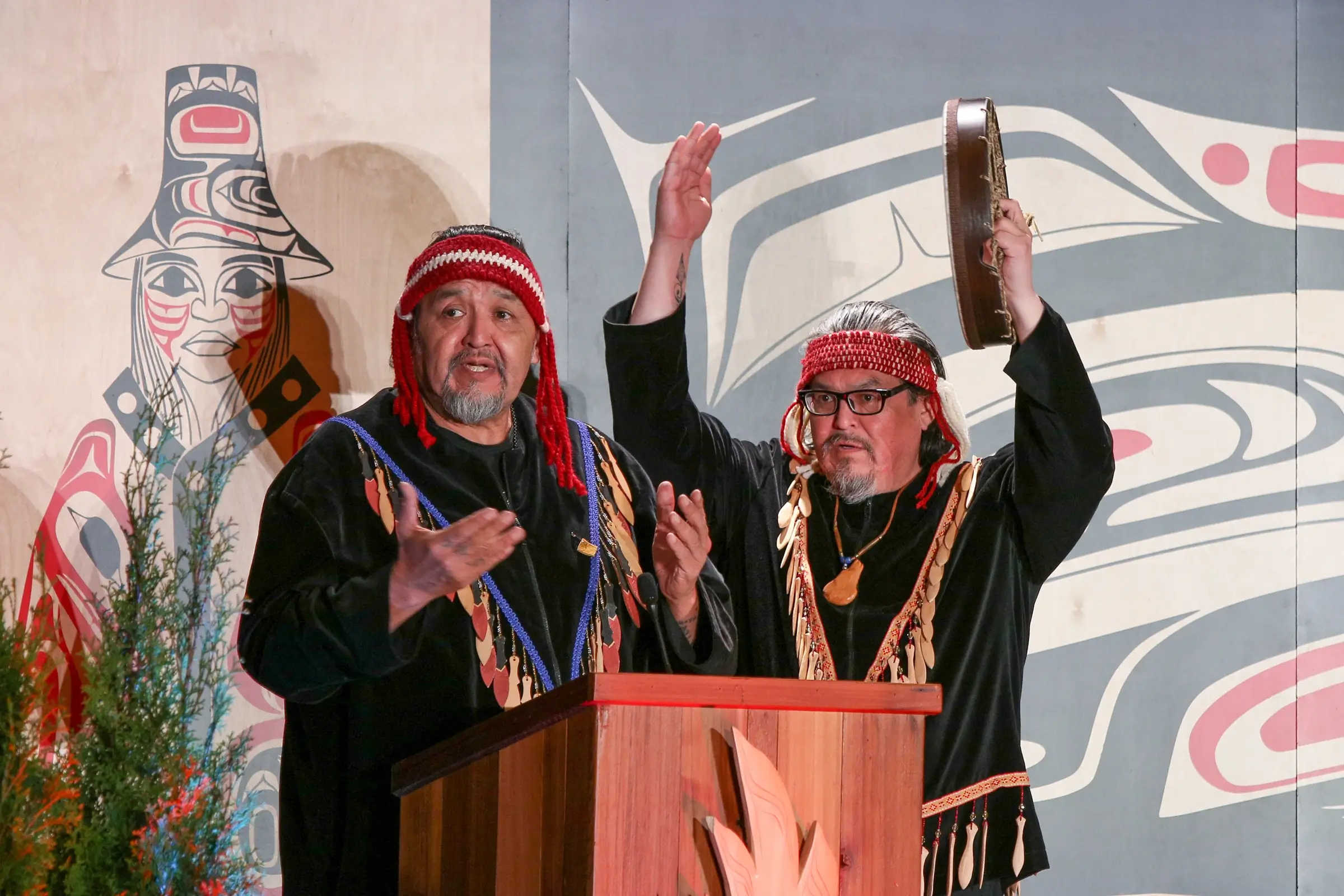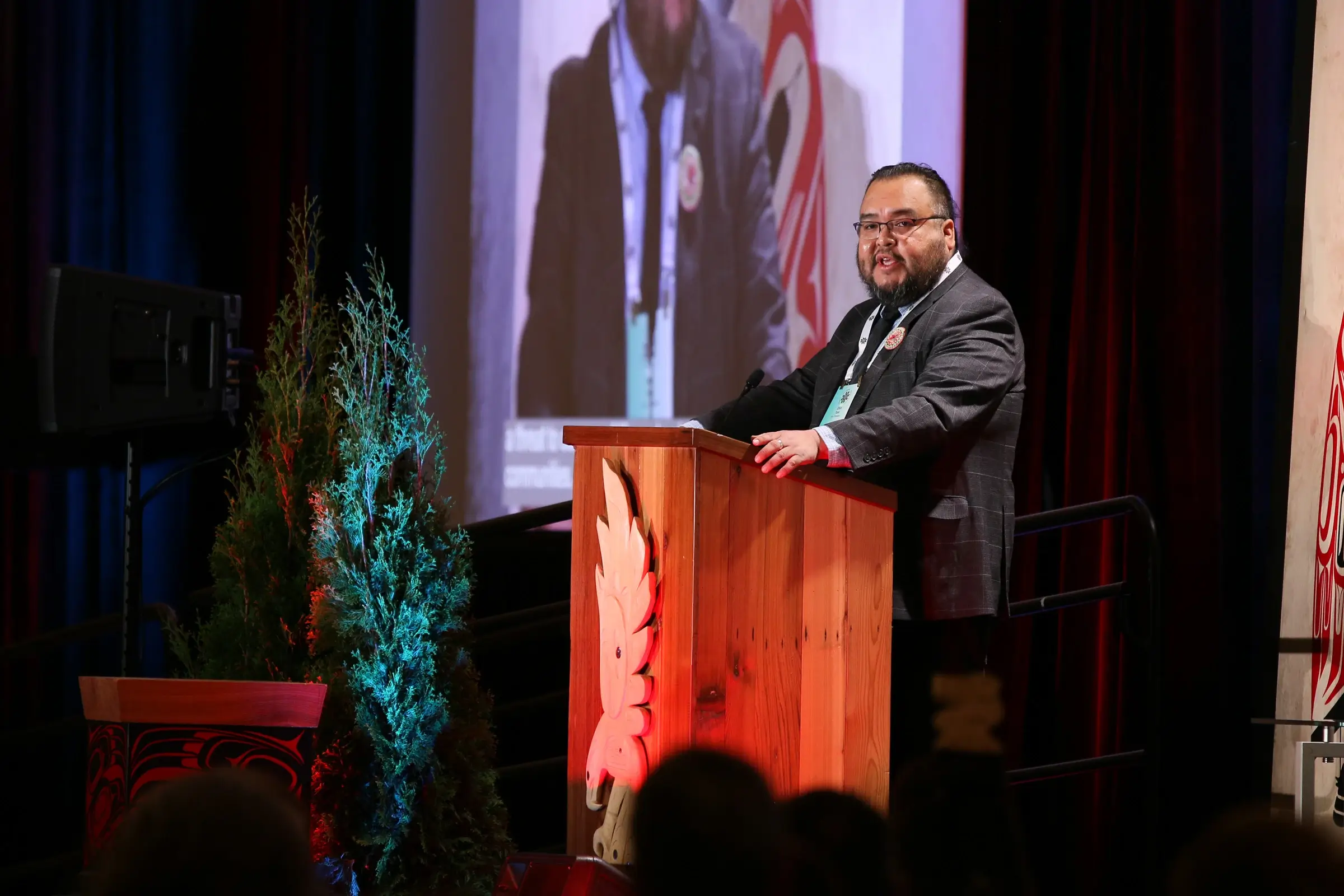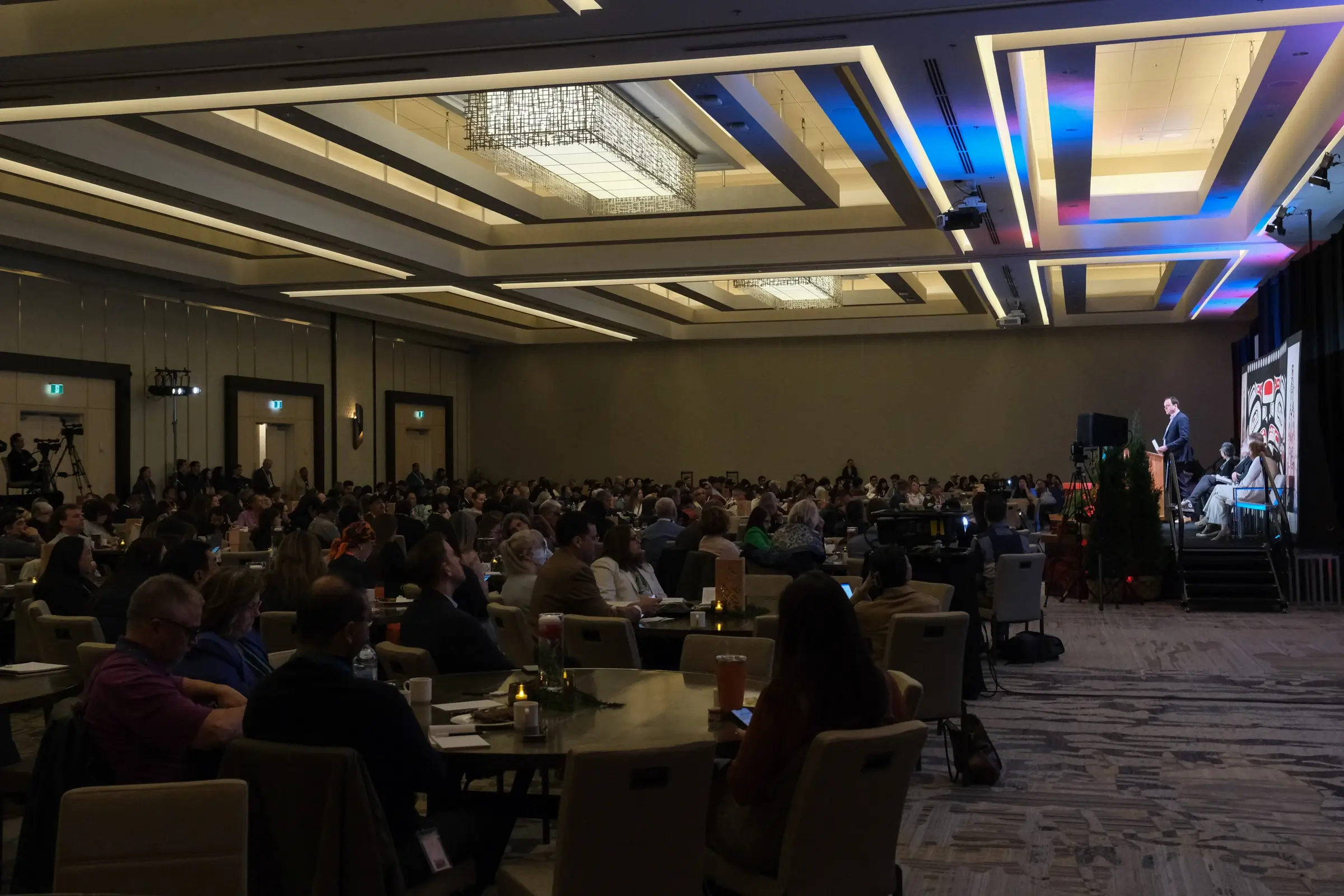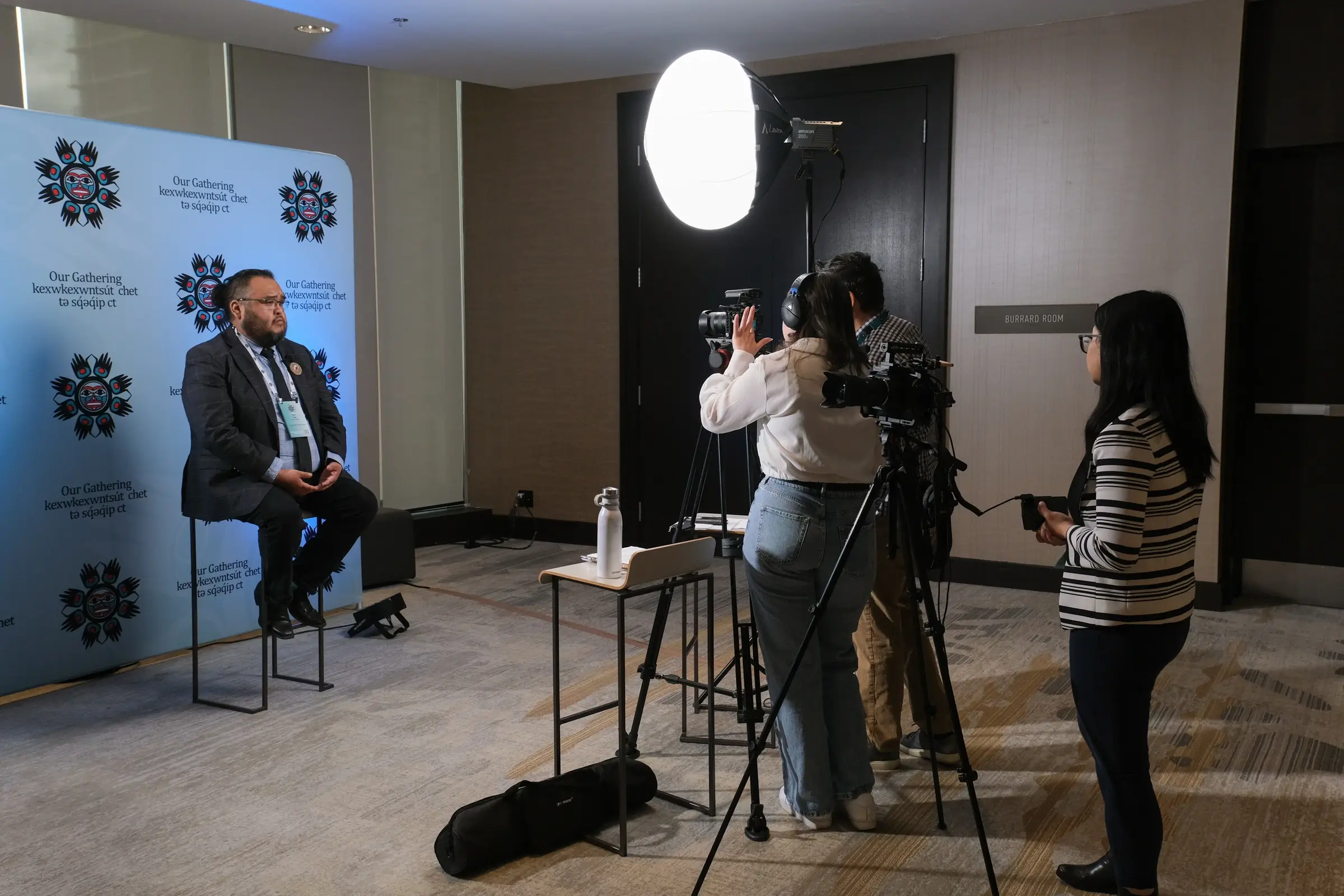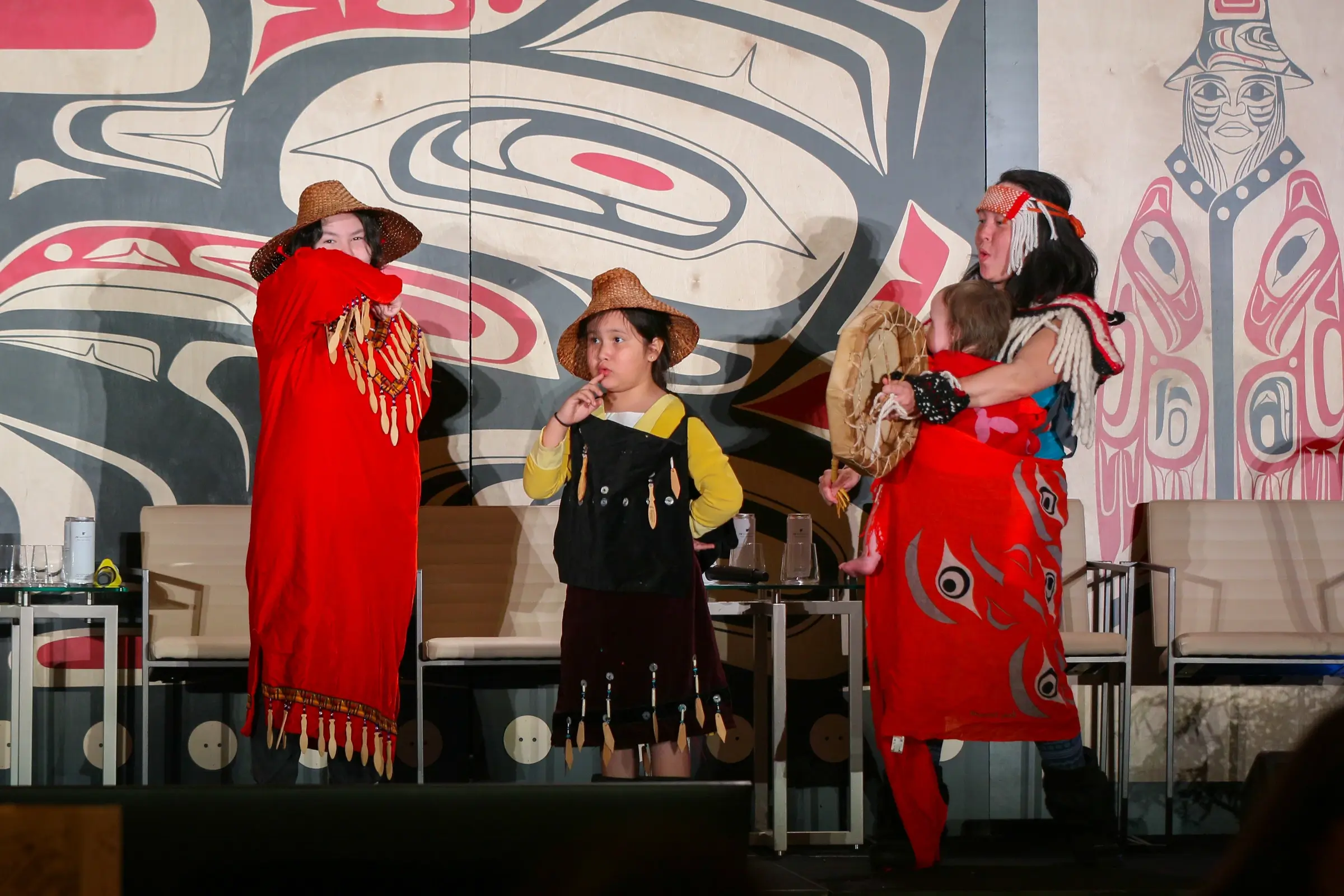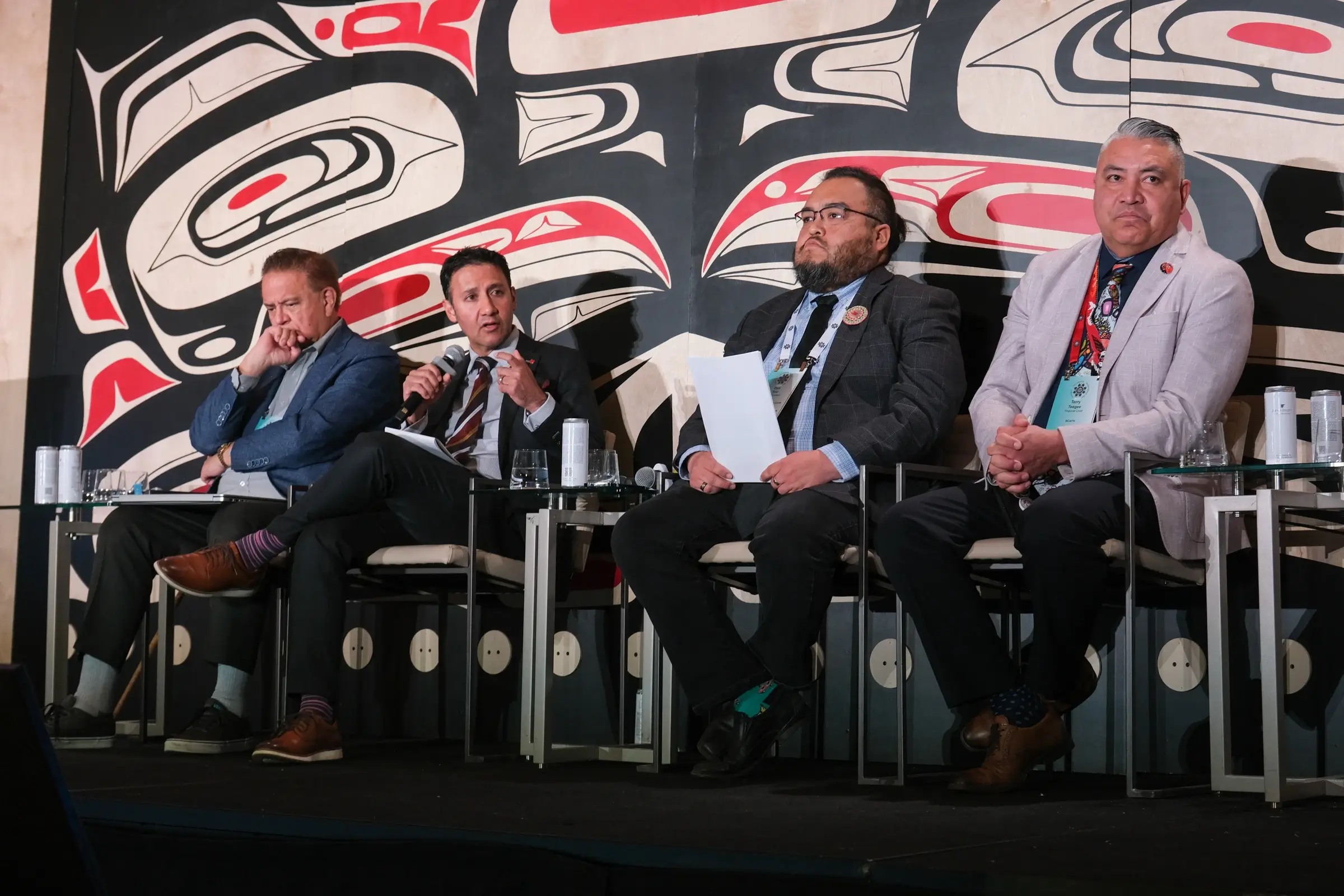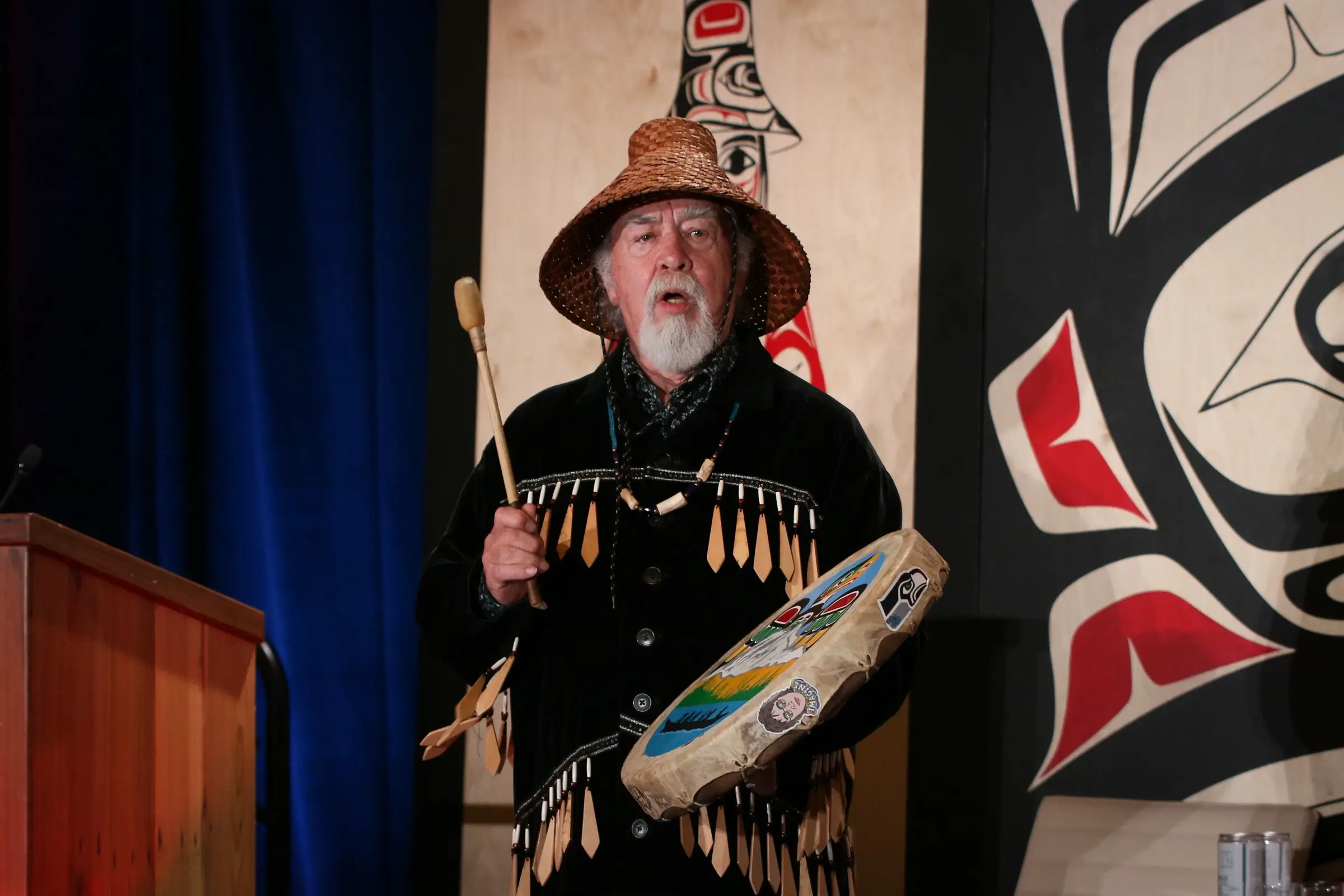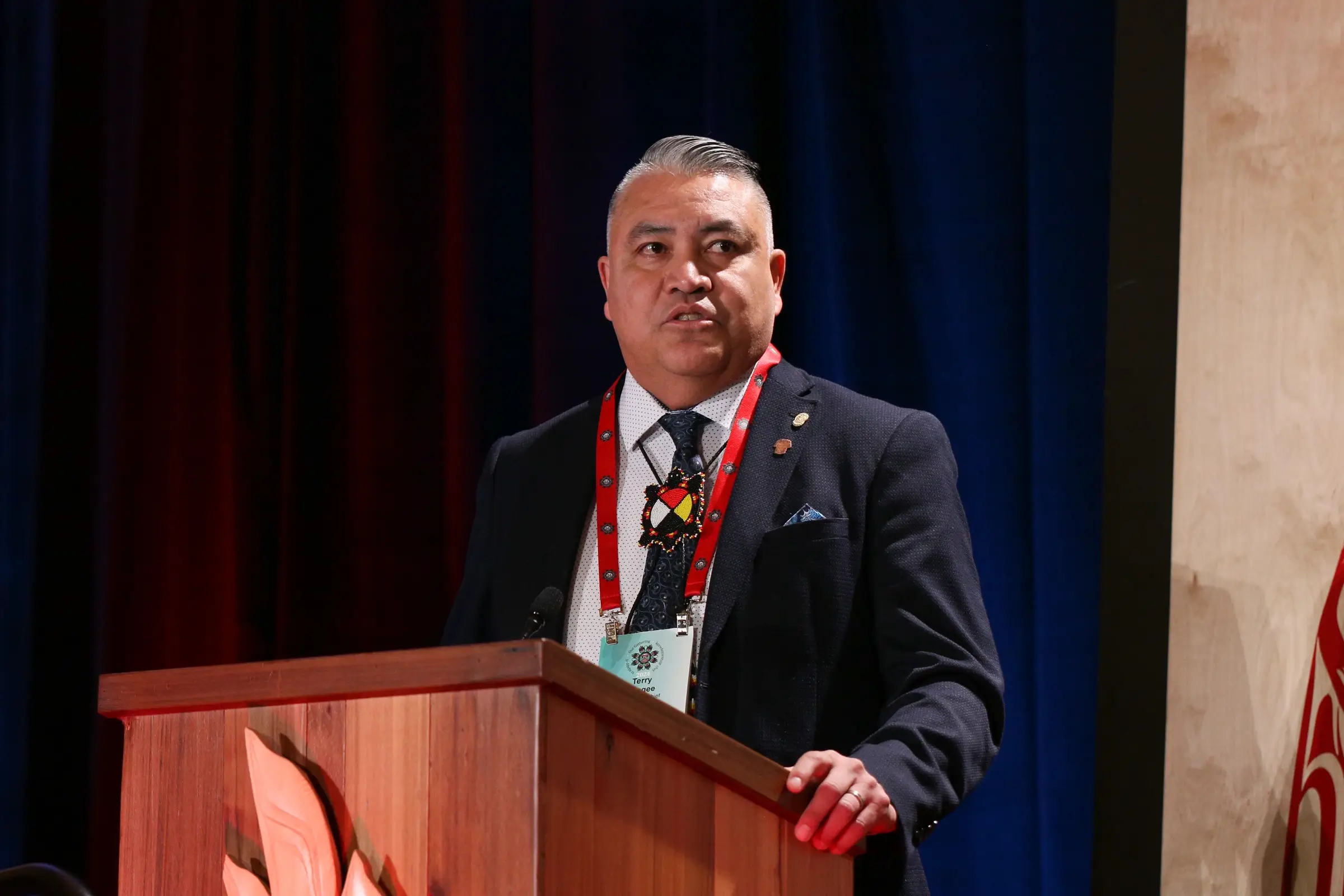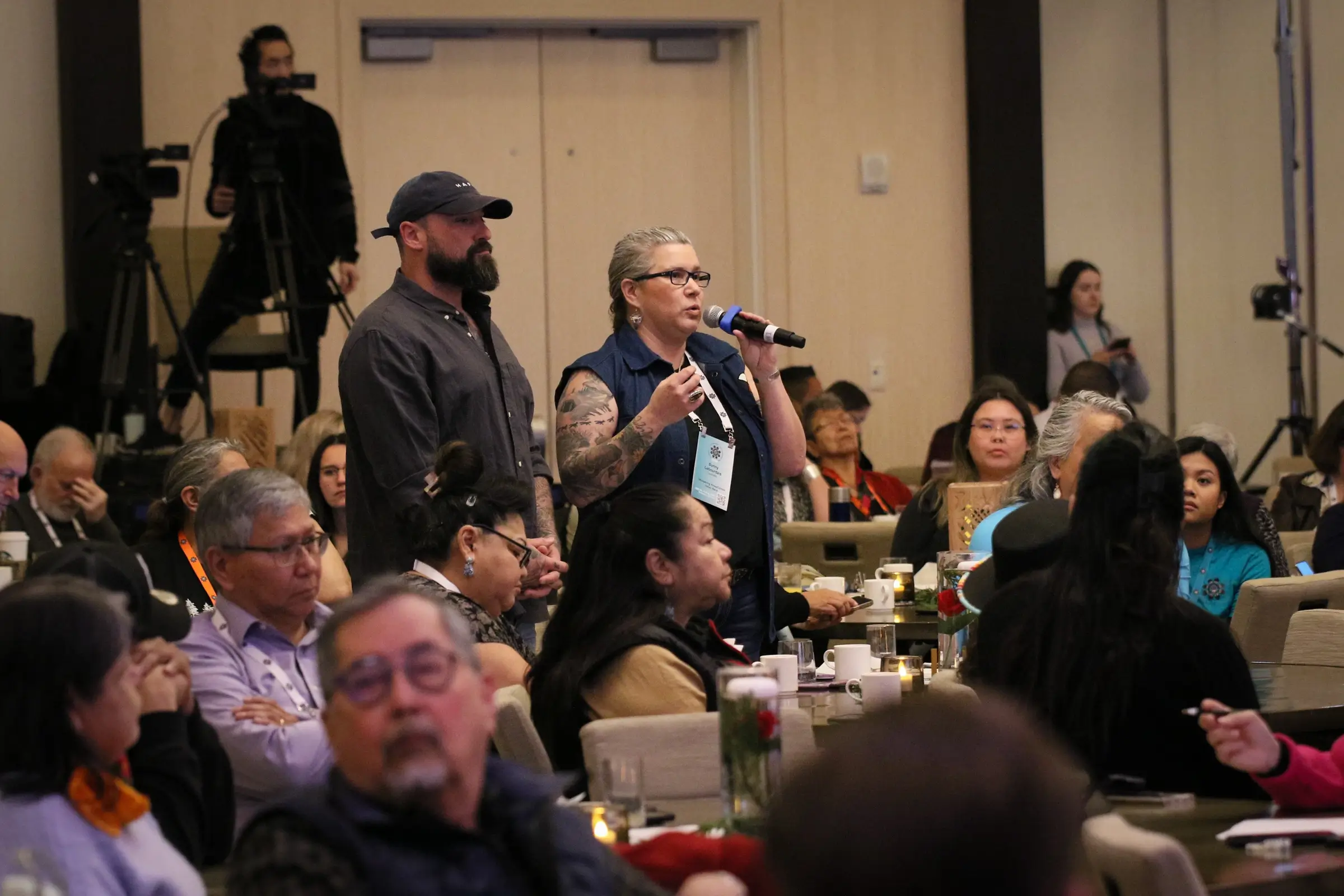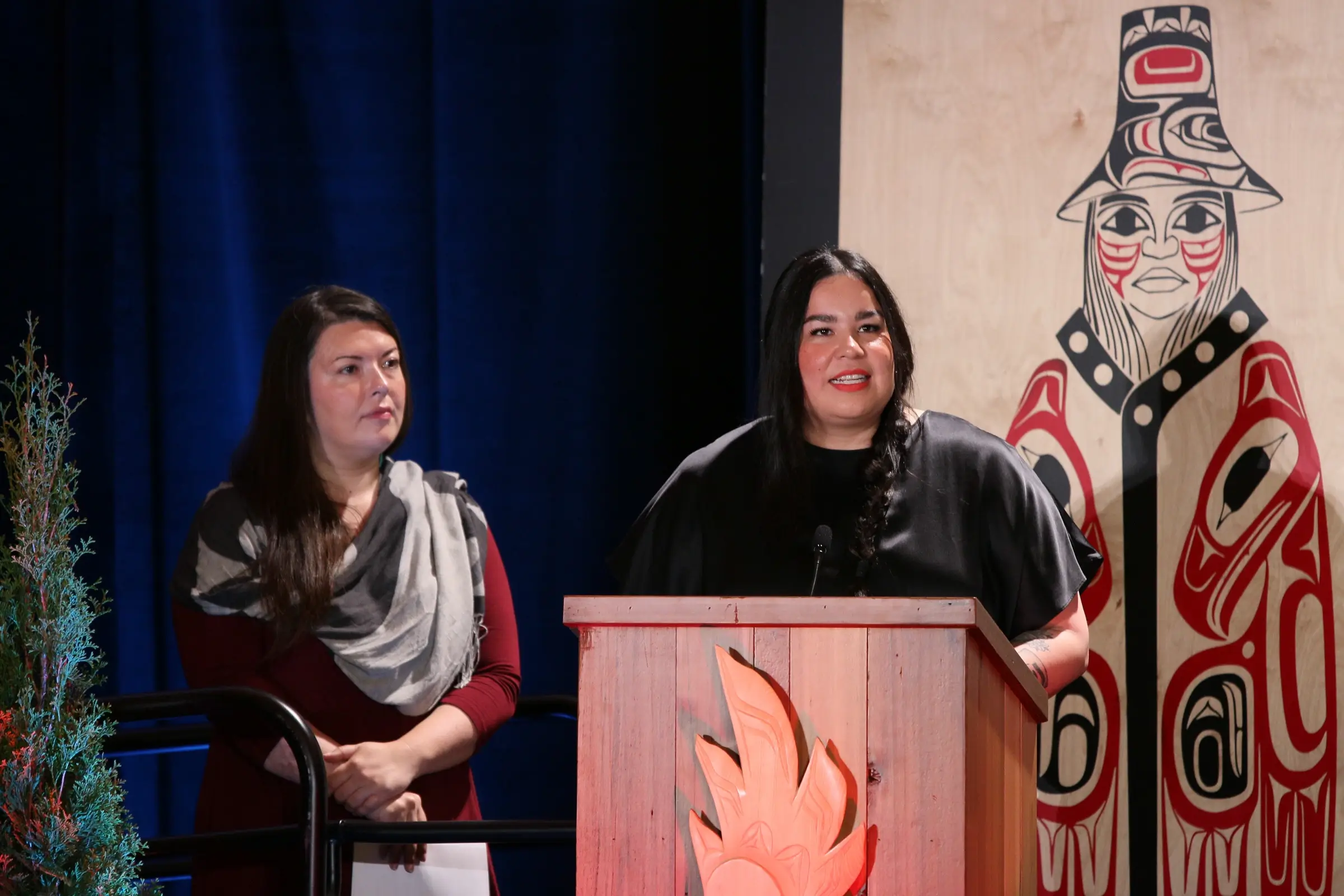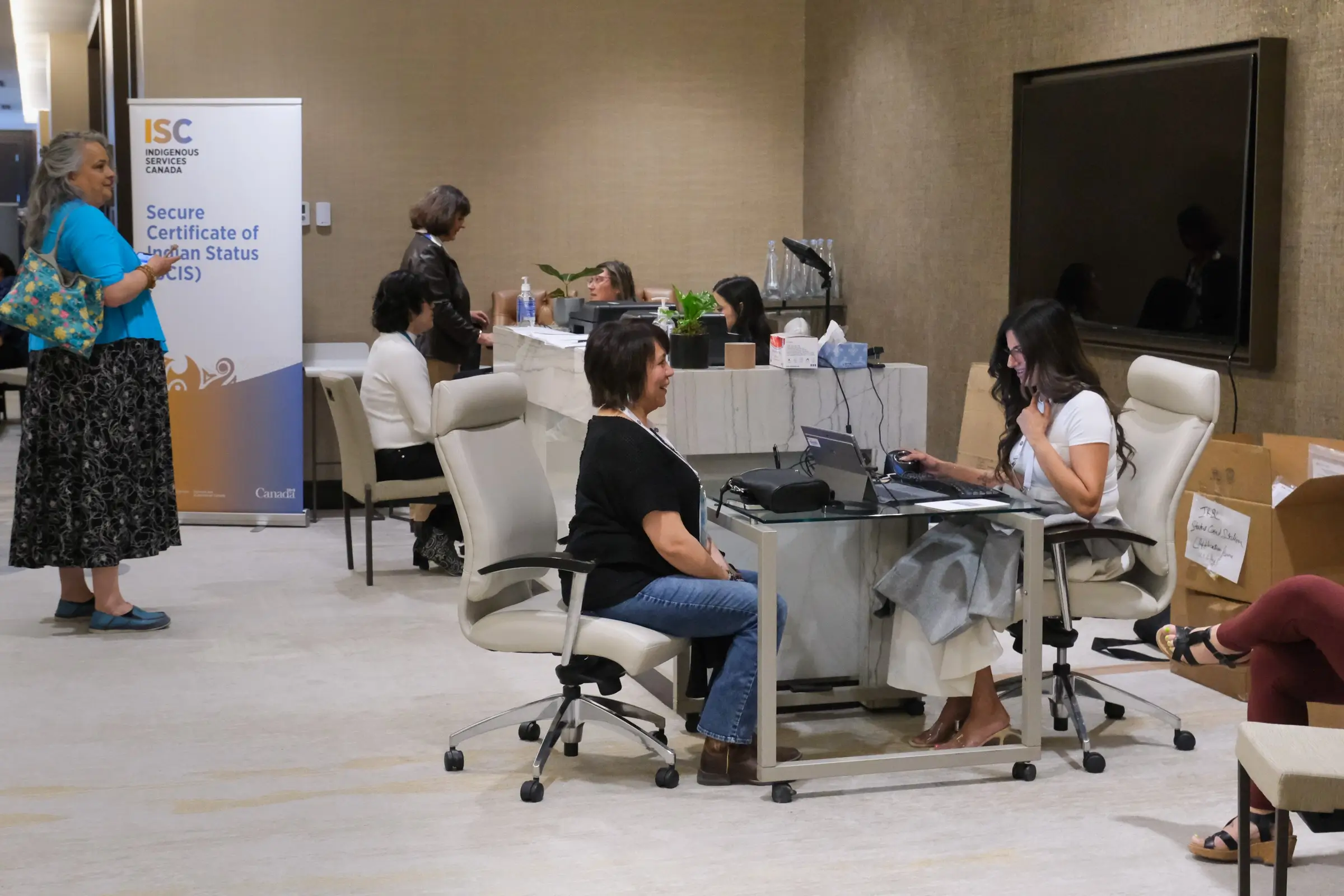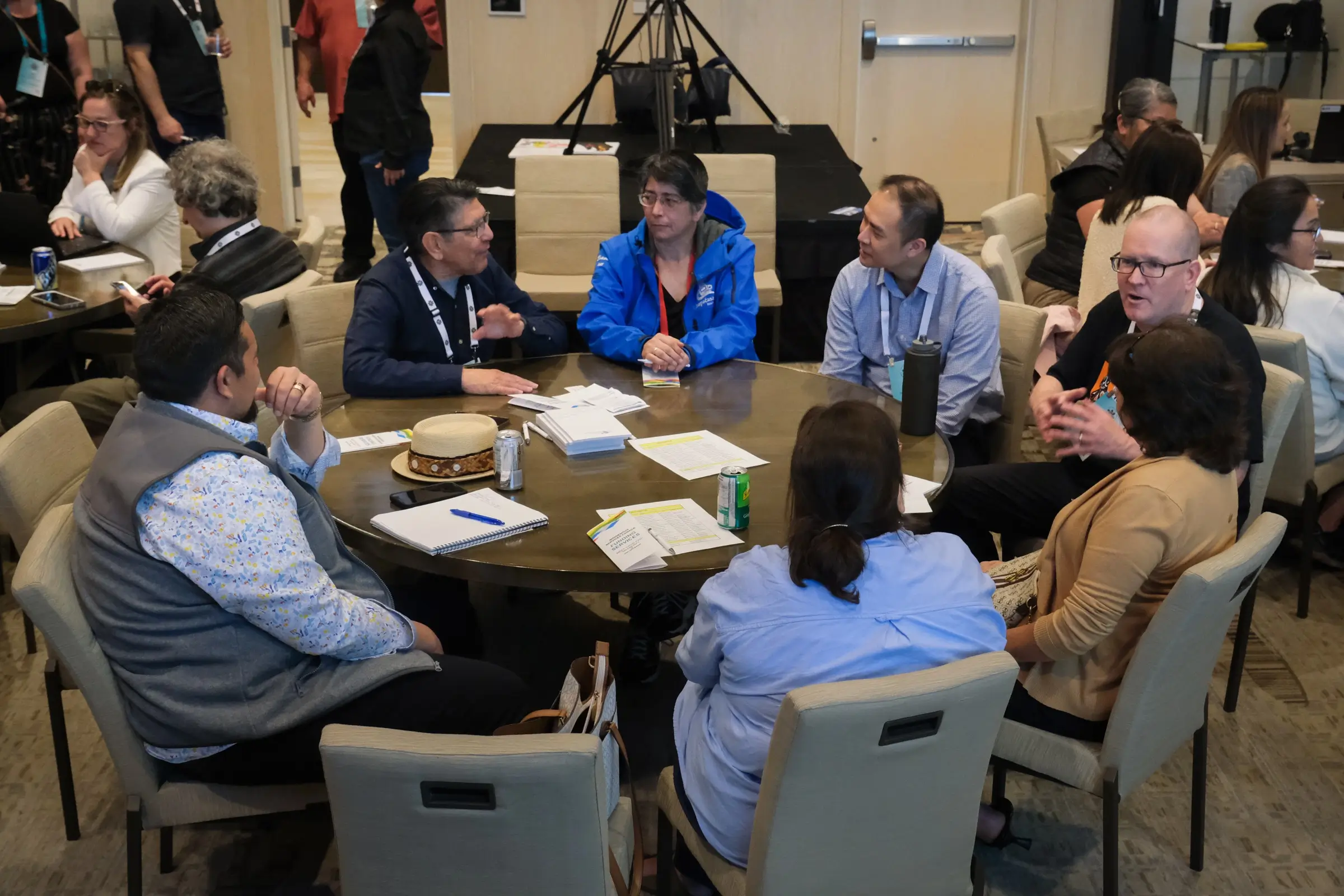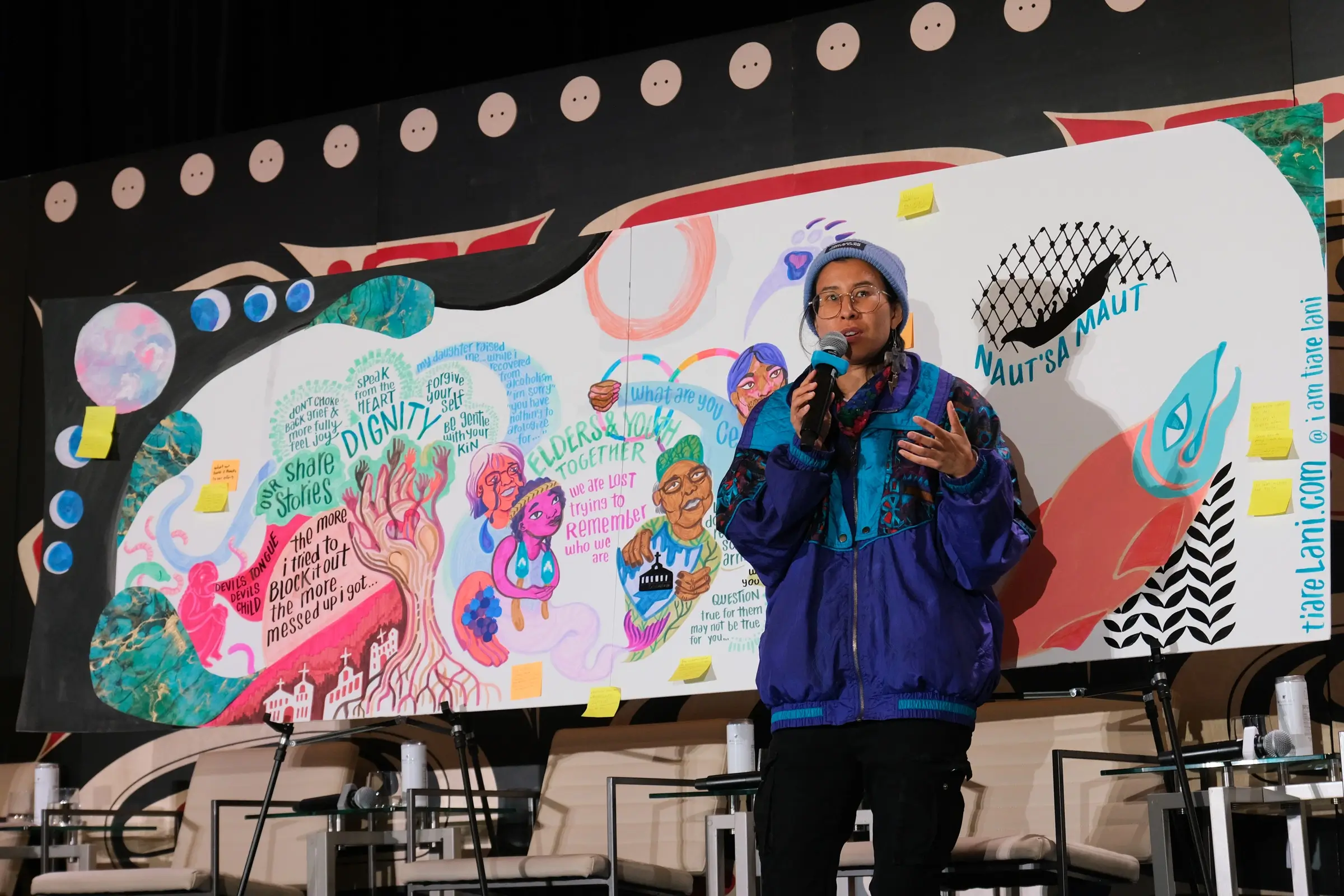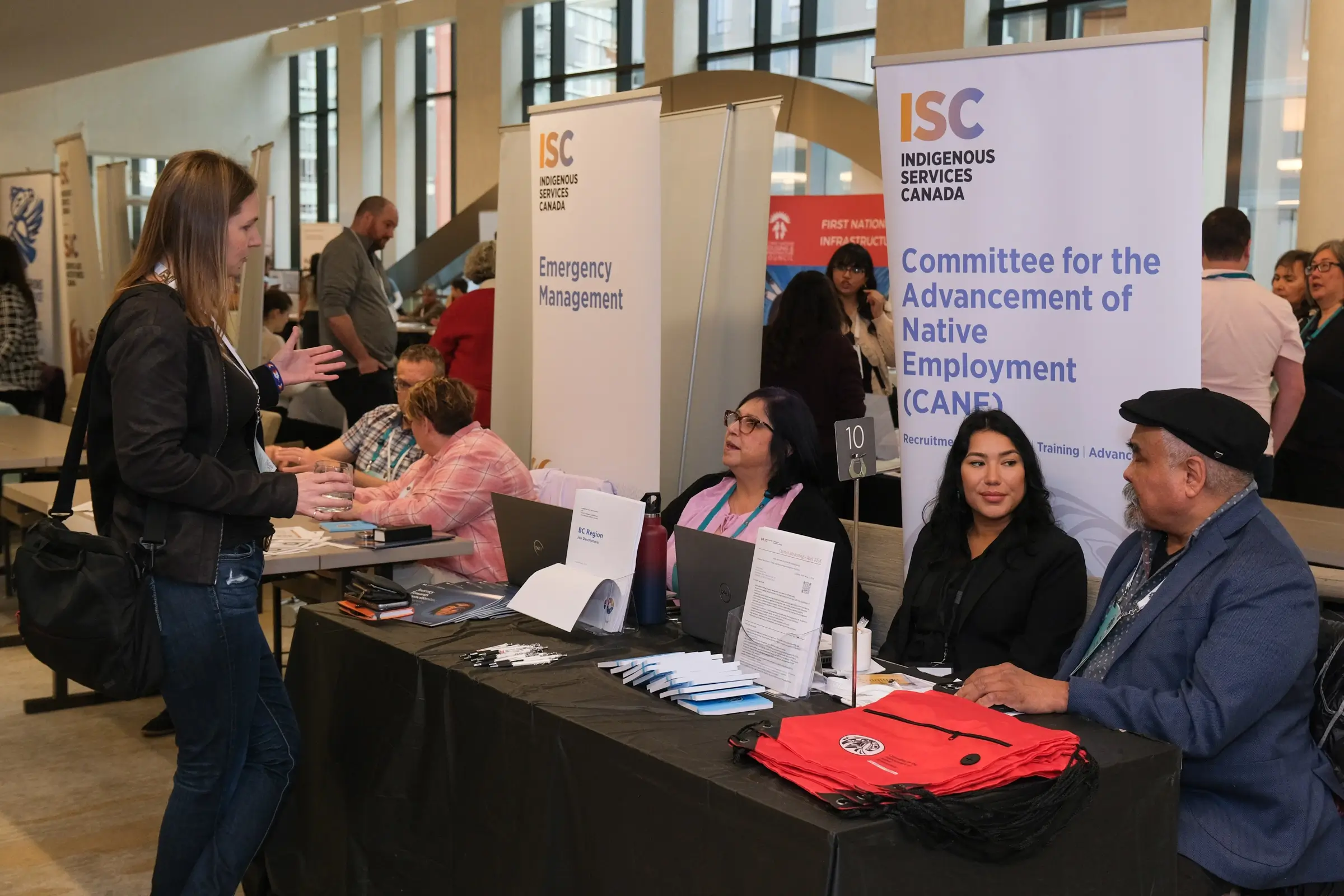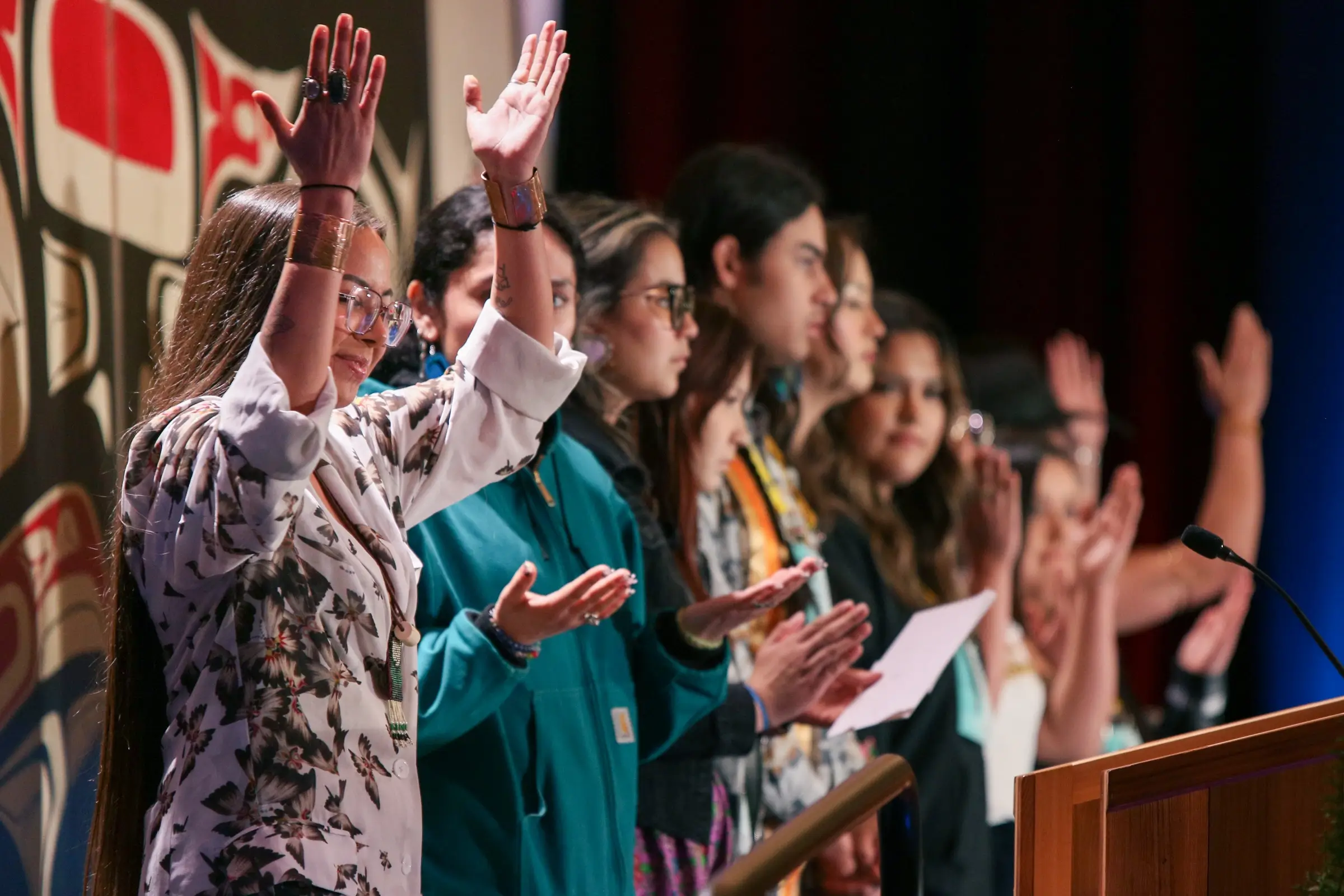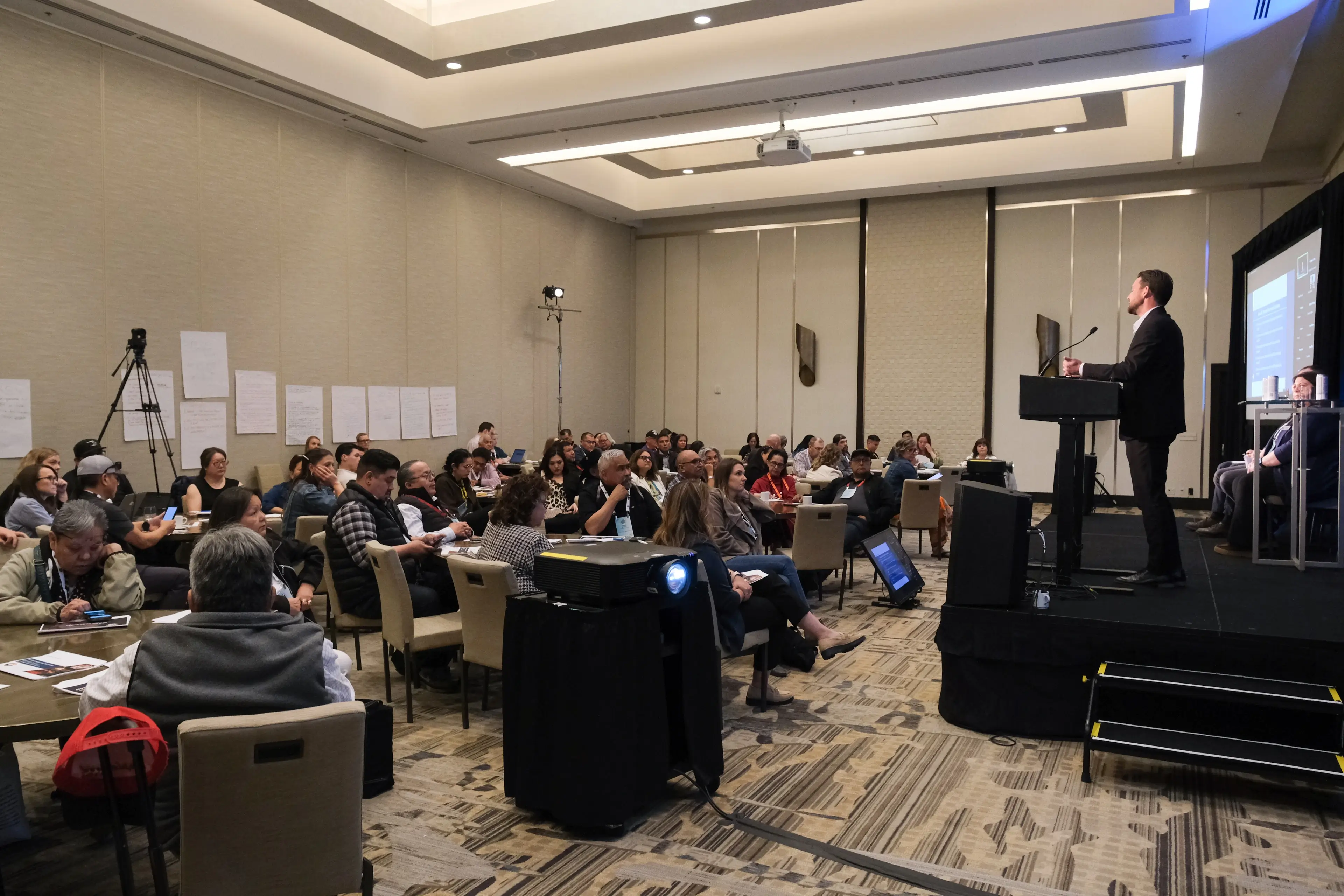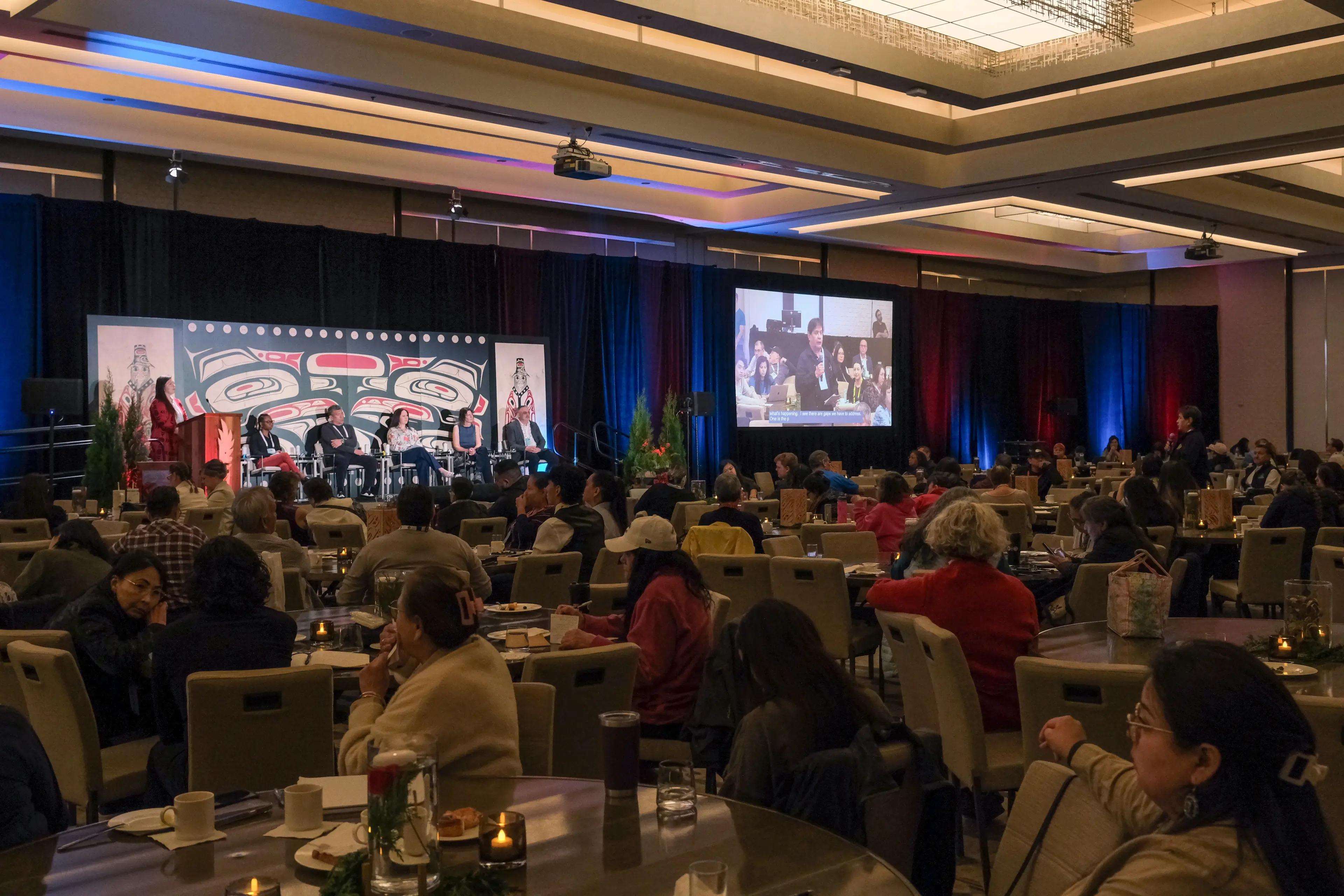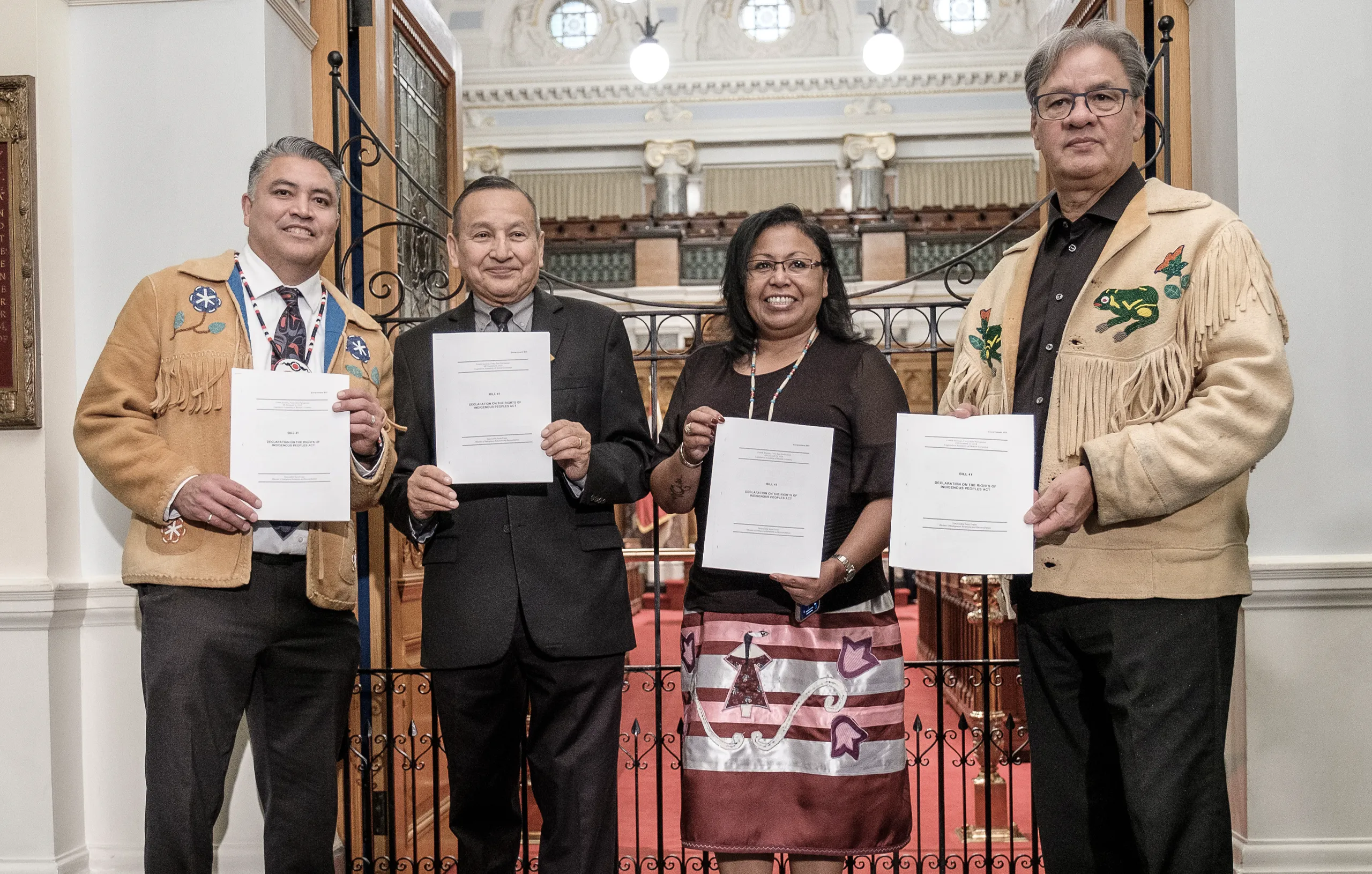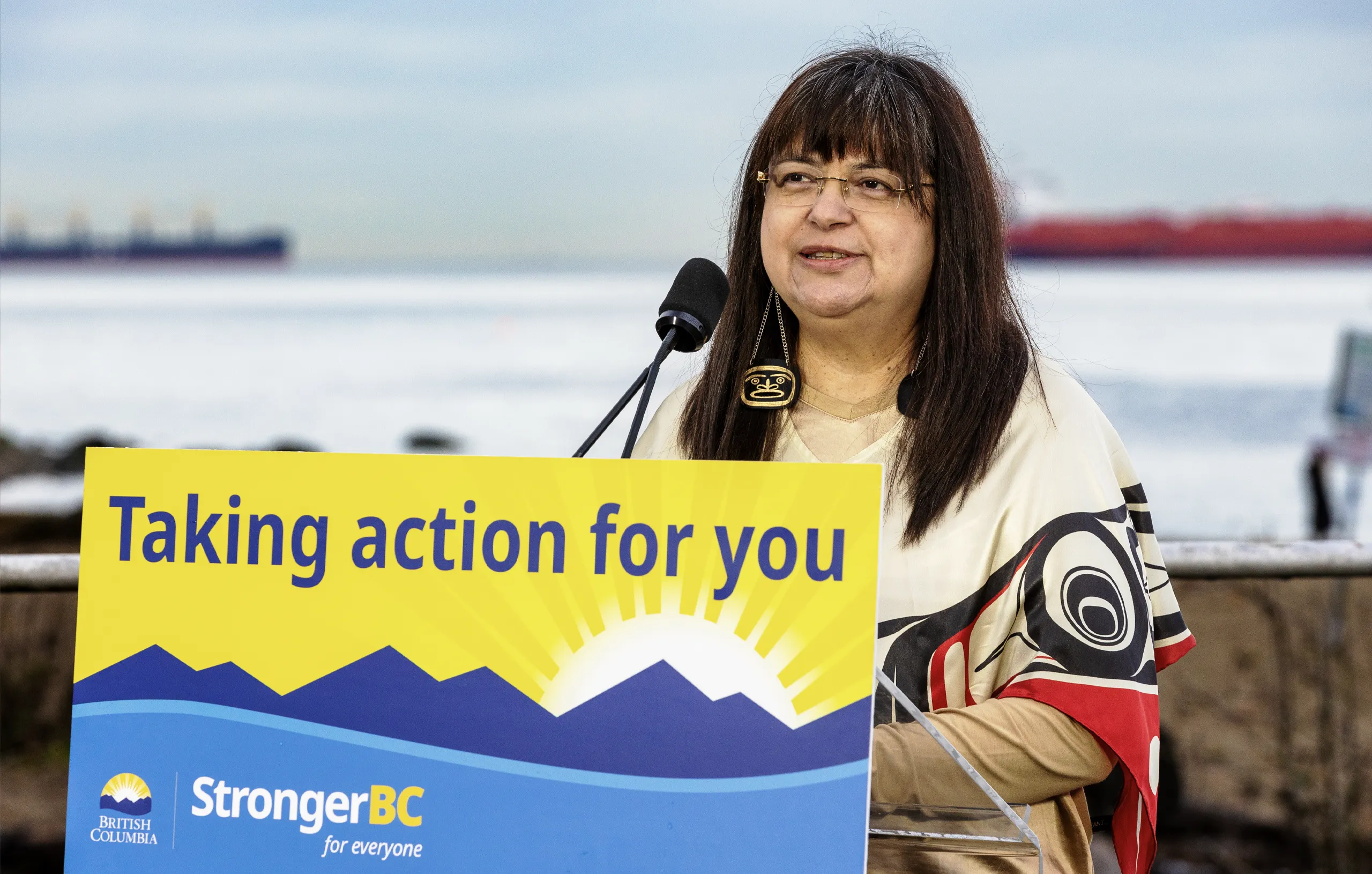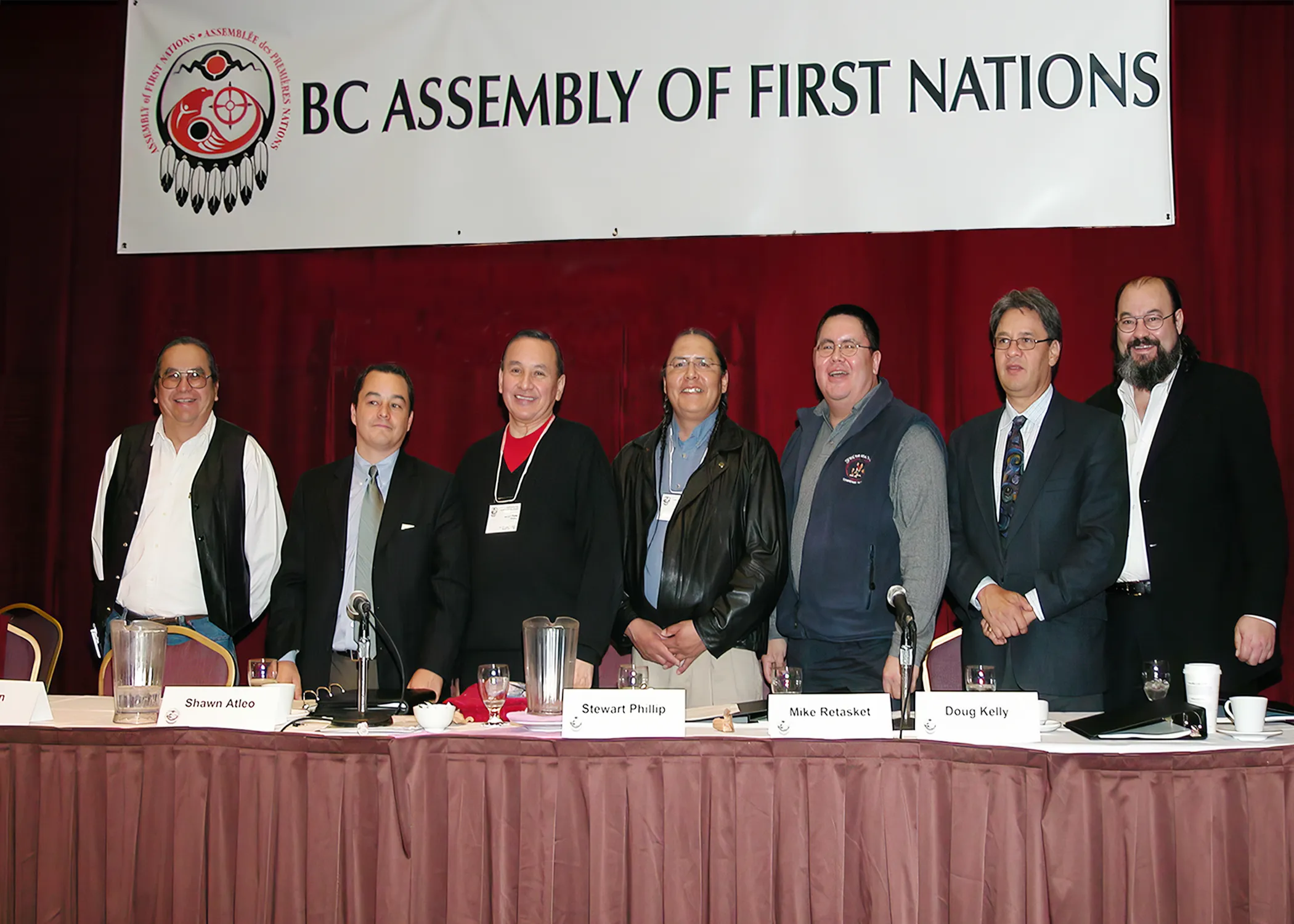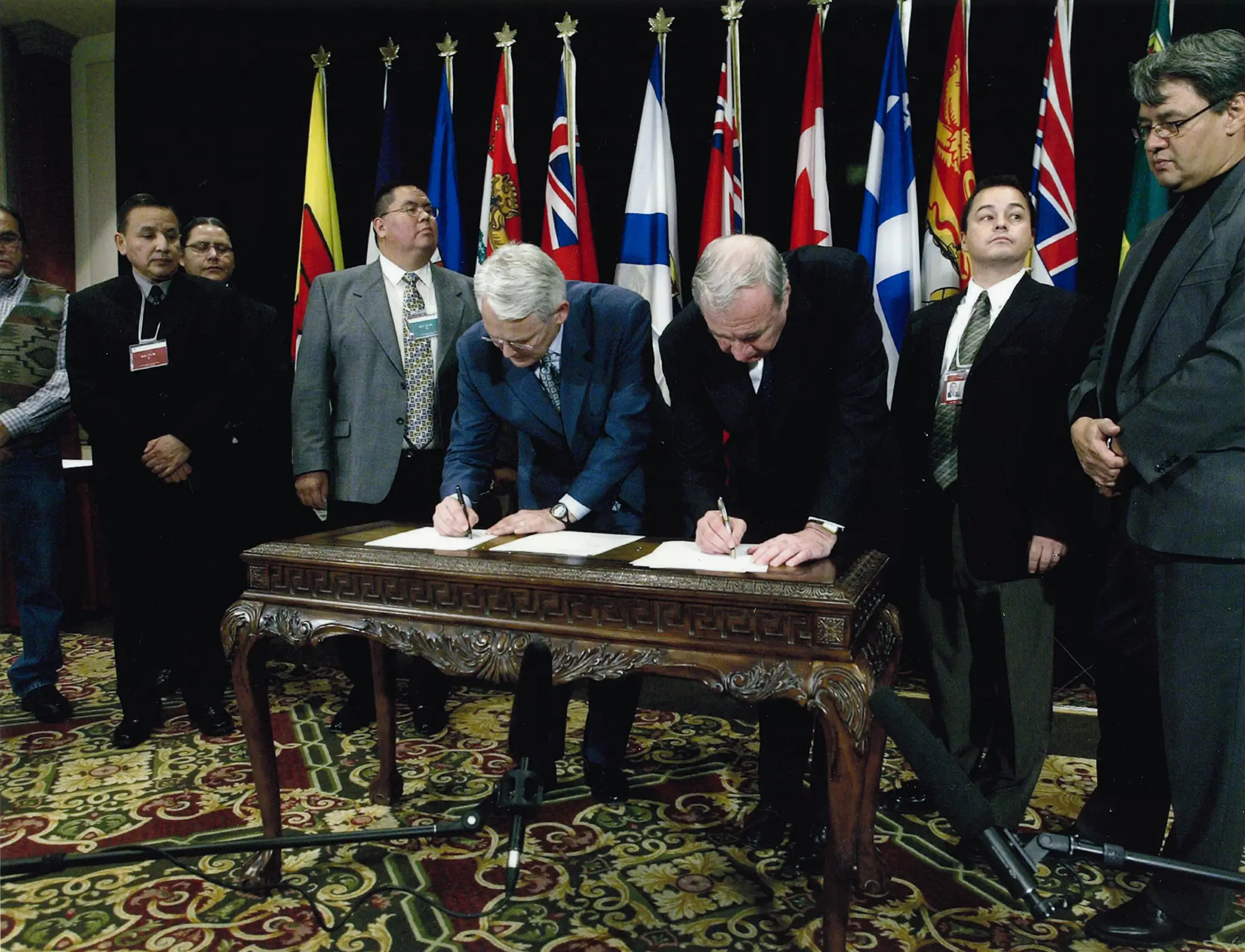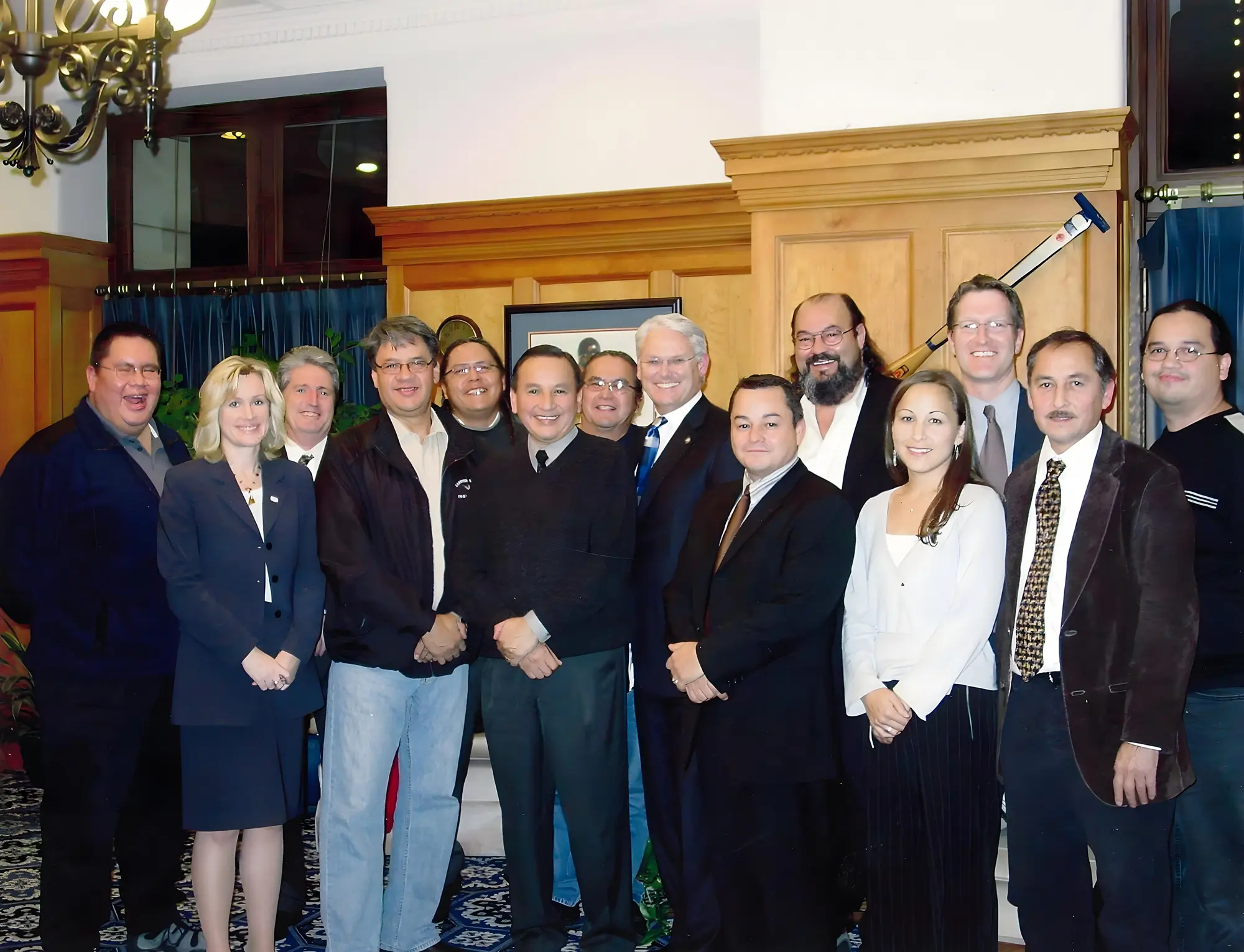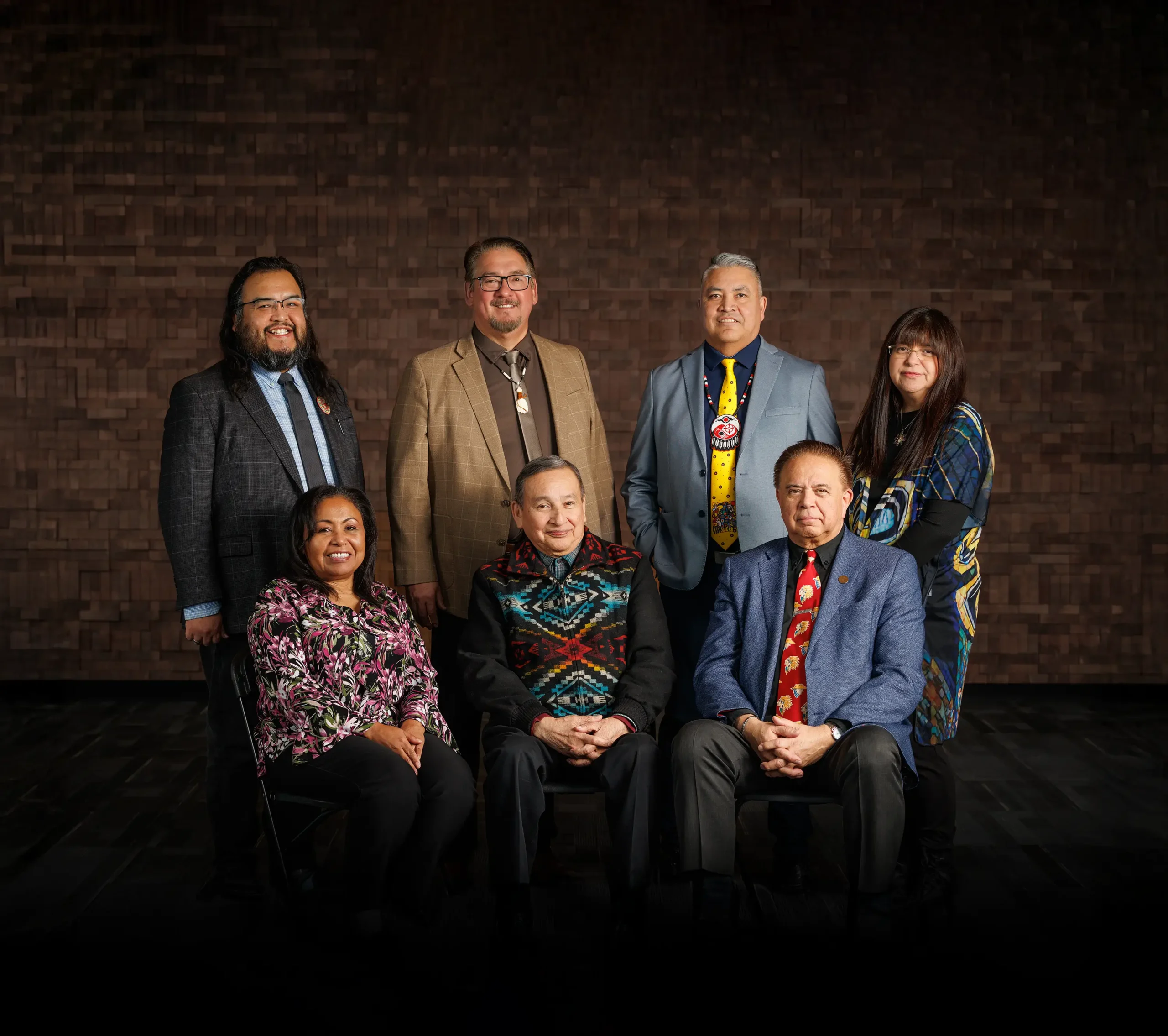Office of the Premier – News Release
November 25, 2022 – Office of the Premier
Premier Eby commits to maintaining individualized autism funding, engaging in deeper consultation for a new funding and service model for children and youth with support needs
VICTORIA ʹPremier David Eby and Mitzi Dean, Minister of Children and Family Development, have met with representatives of the First Nations Leadership Council and AutismBC, as well as B.C.͛s representative for children and youth to discuss improving services for children and youth with support needs.
At that meeting, they shared that government will maintain individualized funding for children with an autism diagnosis instead of phasing it out in 2025 as was announced in October 2021. Additionally, they committed to engaging in deeper consultation with parents and caregivers, First Nations, Indigenous Peoples, communities, experts and practitioners, and other stakeholders with lived experience to understand how the system can be transformed and together build a better system of supports, co-developed with Indigenous communities.
“Every child in B.C. should have the supports they need to thrive”, said Premier Eby. We are focused on listening to families of children and youth with support needs. We will work collaboratively with all partners to make sure our services work for every child.”
Dean said: “Our focus is on ensuring children and youth have the supports they need to thrive. I look forward to working collaboratively with our partners to build a province where services
are provided that meet the unique needs of all children and youth”.
The commitment made by Premier Eby and Dean includes the following elements:
- The maintenance of individualized funding for those with an autism diagnosis even after 2025, including those who are diagnosed in the future.
- An engagement process co-designed by First Nations leadership and leaders from the disability community, in partnership with government.
- A pause on the rollout of B.C.͛s plan to establish a network of family connection centres, with the exception of the four pilots to be launched. The four pilots will be evaluated during the process.
- New investments in the interim, as the new system is being developed to support children with disabilities and support needs that are currently underserved, including fetal alcohol spectrum disorders (known as FASD), Down syndrome and other neurocognitive developmental disabilities.
